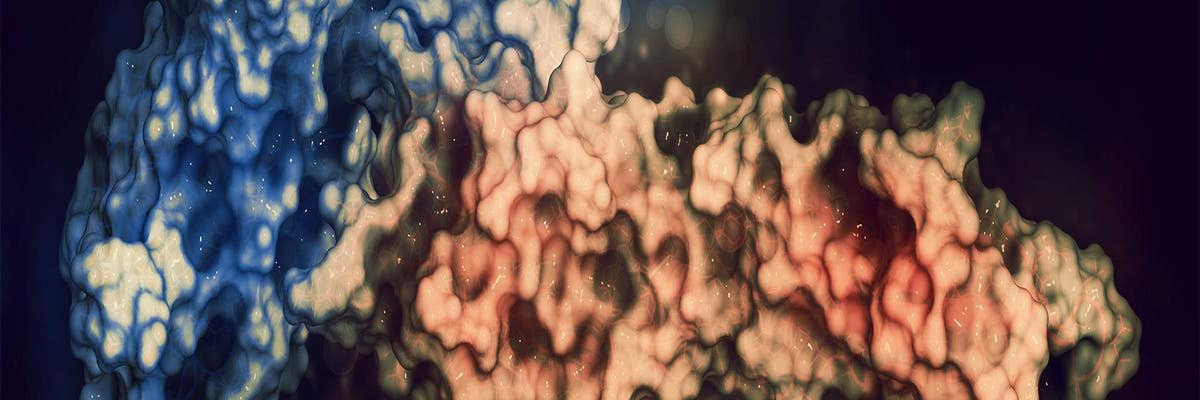

Screening for inhibitors of PD-1 and PD-L1 binding with AlphaLISA technology
Many tumor cells, which under normal, healthy conditions would be recognized by the body’s T cells and thereby targeted for destruction, have developed ways to evade the host immune system by taking advantage of immune checkpoint pathways. Among the most promising approaches to activating therapeutic antitumor immunity is through the blockade of immune checkpoints. The programmed cell death-1 (PD-1) immune checkpoint pathway is a negative regulator of T-cell immune function. When PD-1 is bound to programmed cell death-ligand 1 (PD-L1), T cell response is suppressed. Inhibitors that block PD-1/PD-L1 complex formation lead to increased activation of T-cells and immune system functions, allowing the body’s immune system to identify and attack tumor cells. So far, several anti-PD-1 or PD-L1 monoclonal antibodies have been developed to treat a variety of cancers, including non-small cell lung carcinoma (NSCLC), metastatic melanoma and renal cancer. The promise of therapeutically exploiting this pathway has created a need for more robust, straight-forward assays to identify and qualify potential inhibitors which interrupt PD-1/PD-L1 binding. Find out how AlphaLISA™ technology provides a simple, homogenous, method for detecting PD-1/PD-L1 binding.
For research use only. Not for use in diagnostic procedures.
Download Resource
Screening for inhibitors of PD-1 and PD-L1 binding with AlphaLISA technology




























